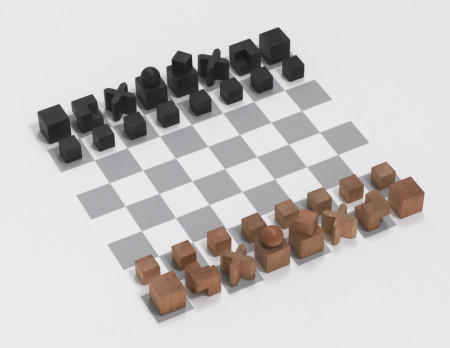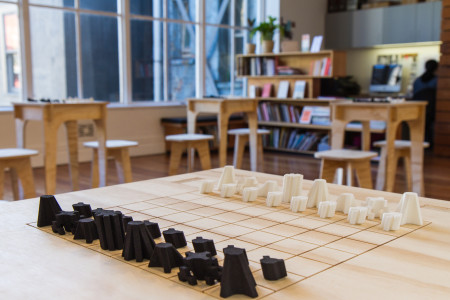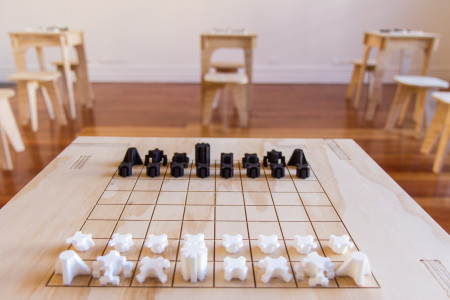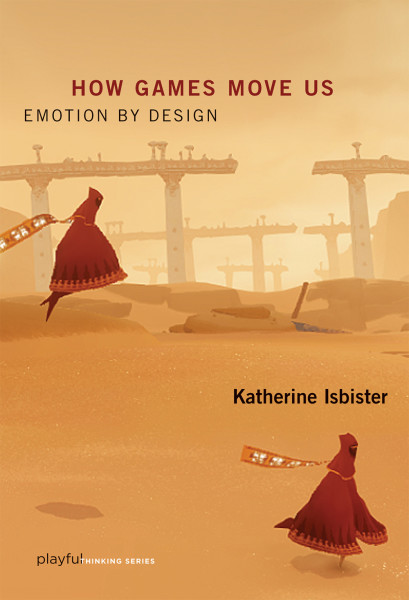CFP: Journal of the Philosophy of Games
The Journal of the Philosophy of Games (JPG) welcomes papers for the inaugural issue. JPG is an open-access publication hosted by the University of Oslo, Norway.
JPG aims to explore philosophical issues raised by the study of games, with a particular emphasis on computer games. We invite contributions both from traditional philosophers and from scholars in other disciplines.
Articles are subject to double blind review and evaluated on the basis of originality, philosophical argumentation and mastery of relevant literature.
The journal does not accept submissions that are under consideration for other publications.
Examples of issues for which we invite submissions are definitions of key concepts in the study of games, the ontological status of objects and events in games, the nature and role of mental attitudes central to game play, rules, the player-avatar relationship, the moral evaluation of in-game actions or the societal role of games.
Contributions should make use of specific examples of games and not merely invoke them in general terms.
We welcome book reviews. Please contact the editorial board to ascertain that a review would fit the editorial profile.
The submissions should be no longer than 7000 words and adhere to the Chicago Manual of Style, Sixteenth Edition. Articles are submitted electronically on the journal website. Please refer to the author guidelines. The final deadline for the inaugural issue is March 1, 2016.
A separate call will be issued in 2016 for a special issue about the theme “Meaning and Computer Games” (Editor Sebastian Möring).
Editorial board
C. Thi Nguyen, Utah Valley University, United States
Johnny Hartz Søraker, Department of Philosophy, University of Twente, Netherlands
Anita Leirfall, University of Bergen, Norway
Prof. Dr. Stephan Günzel, BTK – University of Art and Design, Germany
Patrick John Coppock, University of Modena and Reggio Emilia, Italy
Rune Klevjer, University of Bergen, Norway
Olli Leino, City University Hong Kong, Hong Kong
John Richard Sageng, University of Oslo, Norway (Editor-in-Chief)
Advisory board
Olav Asheim, University of Oslo, Norway
Kendall Walton, University of Michigan; Stanford University, United States
Grant Tavinor, Lincoln University, New Zealand
Ian Bogost, Georgia Institute of Technology, United States
Espen Aarseth, IT-University of Copenhagen, Denmark
Luciano Floridi, University of Oxford, United Kingdom
Graeme Kirkpatrick, University of Skovde, Sweden
Don Ihde, Stony Brook University, United States
Thomas Hurka, University of Toronto, Canada
Eric Olson, University of Sheffield, United Kingdom
David Myers, Loyola University, United States
Jesper Juul, The Royal Danish Academy of Fine Arts, Denmark
Dominic Lopes, University of British Columbia, Canada
https://www.journals.uio.no/index.php/JPG/index
https://www.facebook.com/gamephilosophynetwork
https://www.gamephilosophy.org






